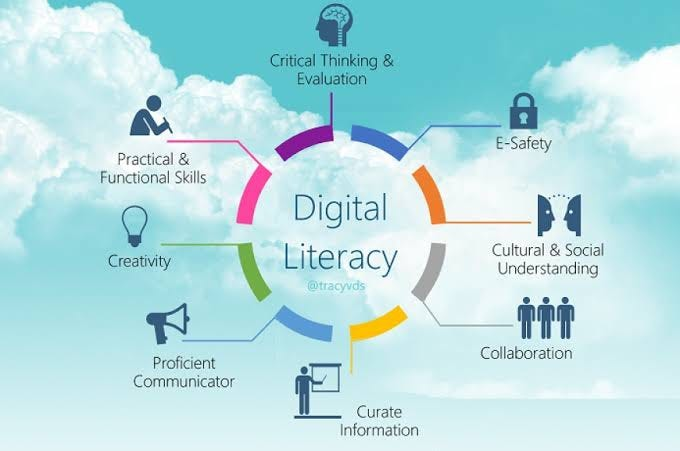Dark Web: The Vulnerability of Financial security
- Adrija Ganguly

- Jul 9, 2021
- 3 min read
Many people will be familiar with cyber-crime and the risk of having credit card information or your identity compromised, but are perhaps not as familiar with the darker recesses of the internet. This is what the dark web facilitates without risking the identity of the user.
The dark web is that the World Wide web page that exists on darknets: overlay networks that use the web but require specific software, configurations, or authorization to access. Through the dark web, private computer networks can communicate and conduct business anonymously without revealing identifying information, such as a user's location.
As a result, inevitably a community of users grew that exploited this security for illicit means – giving rise to ‘the dark web.’
The dark web is a crucial tool for criminals looking to compromise or abuse personal financial details, like mastercard numbers or bank log-in details, to be ready to engage in credit card fraud.
The dark web can provide safety for whistleblowers or for those that want or need access to information that’s blocked in their home countries.
However, the anonymous setup of the dark web does allow for facilitating criminal enterprises that deal in drugs, fraudulent materials, weapons, and child exploitation.
Criminal enterprises that trade in fraudulent materials tend to focus on personally identifiable information (PII), customer or employee data, credentials, and financial details. It’s the new epicentre of organizational risk and a nightmare for finance departments around the world.
There are several anecdotes where large companies have fallen prey to such data breaches. Data security breaches, including financial frauds, on major edtech, OTT, and e-commerce platforms have witnessed a rise this year in India.
There was an enormous demand for OTT usernames and passwords since the pandmeic induced lockdown and lots of the credentials belonging to Indian brands are regularly available on Telegram and similar data-sharing platforms on the dark web.
Another similar alarming incident took place recently where Domino's India is said to have fallen victim to a major data leak wherein the credit card details of around 10 lakh of its customers and employees are leaked on the Dark Web.
Financial details can be obtained in several different ways this includes ‘phishing’, ‘skimming’, malware, or data leaks.
Phishing usually involve a fake email or website that entices a user into entering their credit card details in good faith. Skimming is the use of a device mounted to a card reader – either in a store or at a cash point that stores the card’s information when swiped. Malware is software that is secretly installed on one’s computer, when an unsafe website is visited or an infected file is downloaded – it will search for data stored on the computer.
Data leaks are when an internet site or company that stores an outsized number of card details gets hacked.
Buyers use stolen data in several ways. Credit card numbers and security codes are often used to create clone cards for fraudulent transactions.
For example, the customer can apply for loans or credit cards under the victim’s name and file fraudulent tax returns. Sometimes stolen personal information is purchased by marketing firms or companies that concentrate on spam campaigns. Buyers can also use stolen emails in phishing and other social engineering attacks and distribute malware.
Online financial fraud is a worrisome reality. Here, we have mentioned certain preventive measures that can help you avoid any personal data breaches. To lower the risk of being a victim of financial fraud one required to be vigilant when sharing any personal details online.
The bank’s policy must be checked when it comes to requesting personal data – most will never ask for a password or pin over the phone – so that you'll spot unusual requests more easily.
It is very important to reset the password periodically =as it will help you from potential hackers and will also reduce the risk of banking fraud. If you lose your card then make sure that you report it immediately to the bank so that your card can be blocked to prevent any future fraud.
Also you should avoid clicking on the suspicious email that has several links in it as it may help a hacker get unauthorized access to your account. These little bits of responsibility can ensure your safety.
To read more, visit: Financial crimes hidden in dark web








Comments